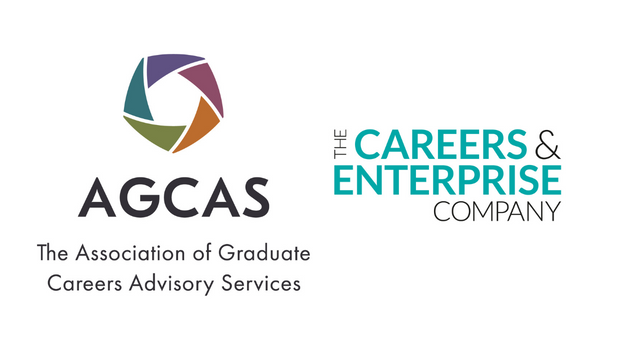Why is engagement with education so important?
Effective engagement between employers and schools not only supports teachers and young people, but businesses too. Building a mutually beneficial, long-term relationship between employers and education establishments will help to inspire and encourage young people to consider their best next step, and ultimately help to address the skills gaps we face.
It’s especially vital for young people to understand the opportunities available through entrepreneurship or working in a small or micro business. SMEs and micro businesses make up a huge proportion of the labour market but are traditionally less understood by young people.
The Careers & Enterprise Company is the national body for careers education in England, supporting schools and colleges to deliver modern, 21st century careers education through strategic engagement with business
There are lots of ways employers can support and engage young people, such as working with individual schools and colleges or working with a Careers Hub on a larger local and regional scale. Key business benefits of engaging with schools and colleges are:
- Giving back to the next generation
- Identifying new talent
- Building pipelines for the future
- Building strong sustainable relationships with schools and colleges
- A form of CPD for employees
Connect with your local team by finding their contact details or email the Business Partnerships Team.
What are the benefits of engaging with universities?
There are many ways in which universities can support the growth of your business. However, here we will focus on the support that you can access via your local university’s careers service. You may already have engaged with the university vacancy board to promote your job vacancies, however there are other ways that they can support you. University careers services collaborate closely with employers at both a national and local level to give them access to graduate talent.
If you do not have experience of recruiting graduates, your local university’s careers service will be able to provide you with support and advice. There are a number of other ways that you can work with your university to develop your business with the support of students and graduates. This could include addressing your significant business problems via setting consultancy projects for students, providing internships and opportunities for placement students, taking part in careers fairs and requesting recruitment support.
To find your local university visit the AGCAS Member Directory.
AGCAS has recently collaborated with Group GTI to create a framework of the interactions between business and universities which will give you an indication of the options available to businesses looking to work with universities to develop their business.
Offering internships, placements and work experience opportunities
A great way to attract talent to grow your workforce in an increasingly competitive market is to offer internships or student placements. However, it is not always easy to know how to develop a good placement or internship opportunity or how to attract students and graduates. This is where your local university’s careers service will be able to help you. Use the AGCAS Member Directory to find their contact information.
Interns should be paid
As well as being illegal, unpaid internships disadvantage students and graduates from less affluent backgrounds. They are only open to those who can afford to work for free and are a barrier to diversifying your workforce and to social mobility. The government has detailed guidance on employment rights and pay for interns.
The AGCAS Work Experience Standard and Good Practice Guide
The AGCAS Work Experience Standard and Good Practice Guide aims to have a positive impact on students and graduates, employers, HEIs and the wider sector. Developed with support from a cross-sector group of careers professionals, sector organisations and employers and launched in June 2022, the Standard has already been endorsed by the ISE, RateMyPlacement, Clifford Chance, NCUB, Prospects and Group GTI.
AGCAS member careers services are integrating the Work Experience Standard and Good Practice Guide into their work with employers.
How you can get involved
When you are planning your internships and placement opportunities, ensure that they meet the Work Experience Standard and if you can, aim to meet the Good Practice Guide with your vacancies. You are also invited to demonstrate your support for good quality internships and work experience opportunities by endorsing the Work Experience Standard and Good Practice Guide
Scope of the Standard
What’s in the scope?
- Opportunities of at least 10 days / 70 hours duration
- Non-voluntary roles within charities
- Sandwich placements/ year-in-industry
- Student/graduate level work experience
- Employer-led work experience
What’s out of the scope?
- Opportunities less than 10 days / 70 hours duration
- Volunteering
- Practice placements
- Part-time work
- Self-employment, freelancing
This content was provided by:


